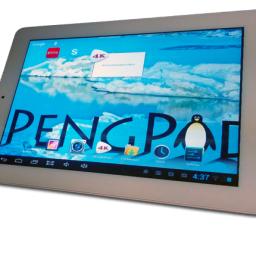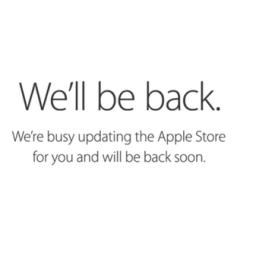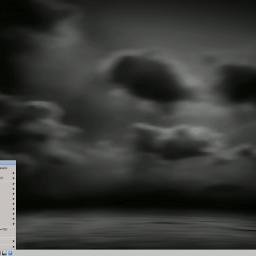Qt is about to be independent again
Once upon a time, the Qt developer kit was written and published by Trolltech. Then it was sold to Nokia. Then Nokia sold it to Digia. And now, Digia is spinning it off as an independent entity. Freedom at last?!
The Register reports:
[2014-09-17 15:15 Title updated from QT to Qt]
The Register reports:
While Digia puts an upbeat spin on the separation, it's hard to avoid wondering if, like Trolltech and Nokia before it, the company has found it hard to reconcile the coexistence of the open source and commercial versions of the platform.[Ed. note: Now that Qt is on its own, they should come up with a good name for the organization. I propose "Trolltech" - just so we can truly come full-circle.]
It said as much in August, noting that "The installers and product packages for the open source and enterprise versions are different, and there is a complete disconnect between qt-project.org and the commercial pages on qt.digia.com" when it announced its intention to create the subsidiary.
Digia holds 100 per cent of the new Qt company at this point, and said one of the aims of the new operation will be to unify the two sets of packages, starting with one set of installers.
The first step of the creation of a new Qt has now gone live, and a few days ago the unified operation popped its head up at the IBC conference in Amsterdam to position its capabilities as a set-to-box and digital TV UI development environment.
[2014-09-17 15:15 Title updated from QT to Qt]




